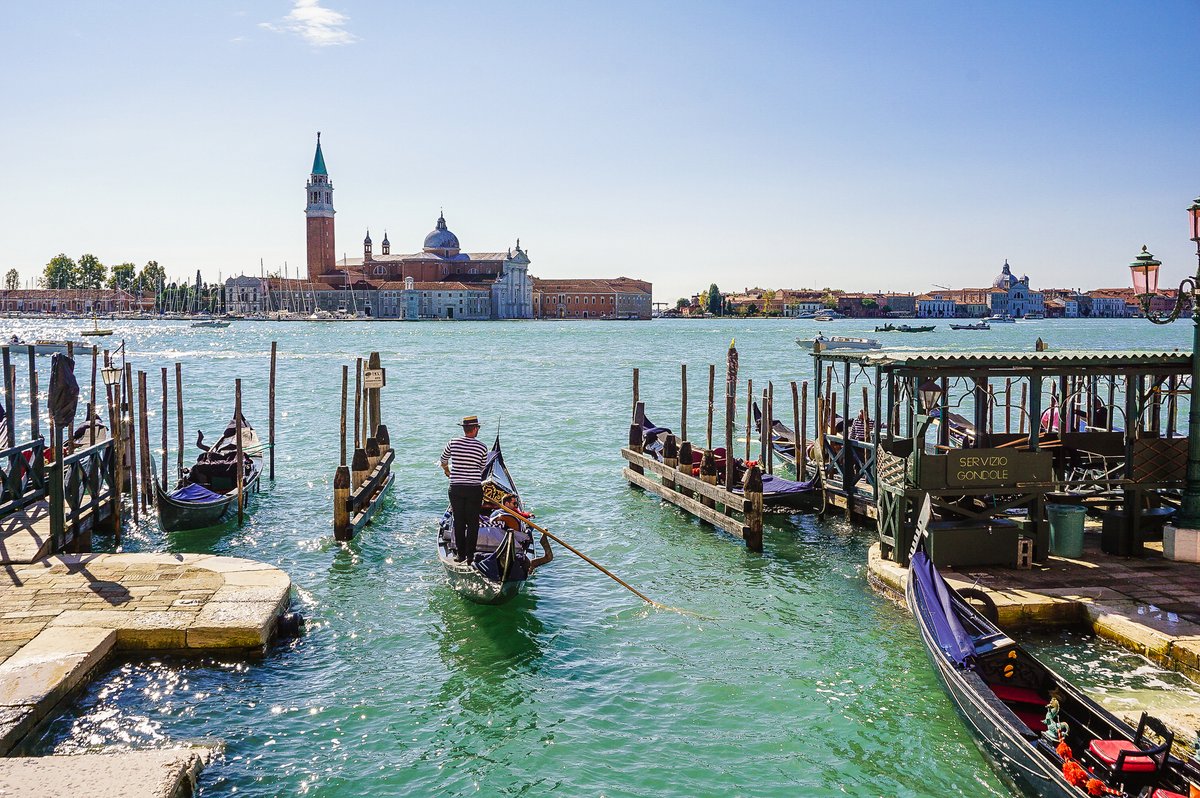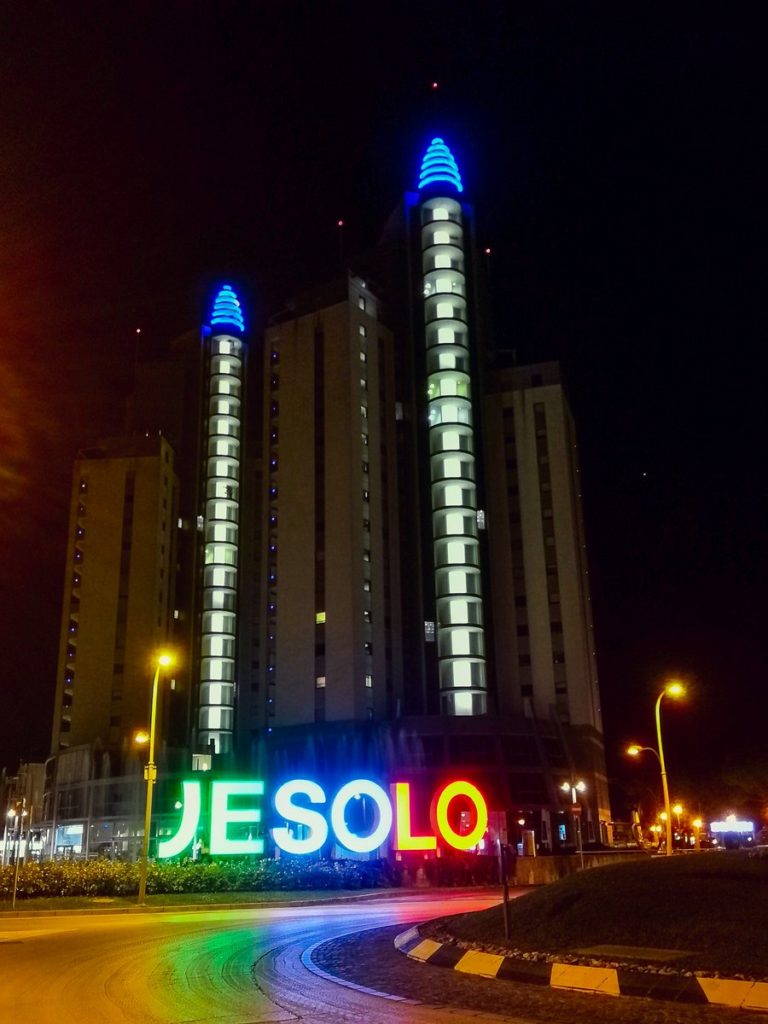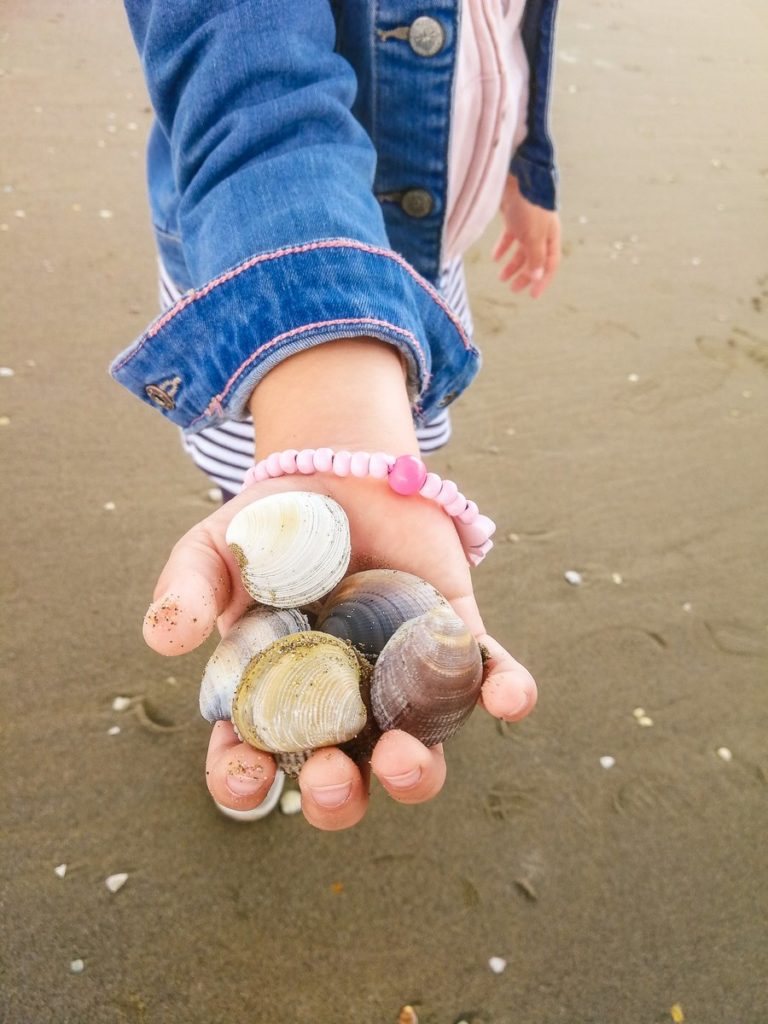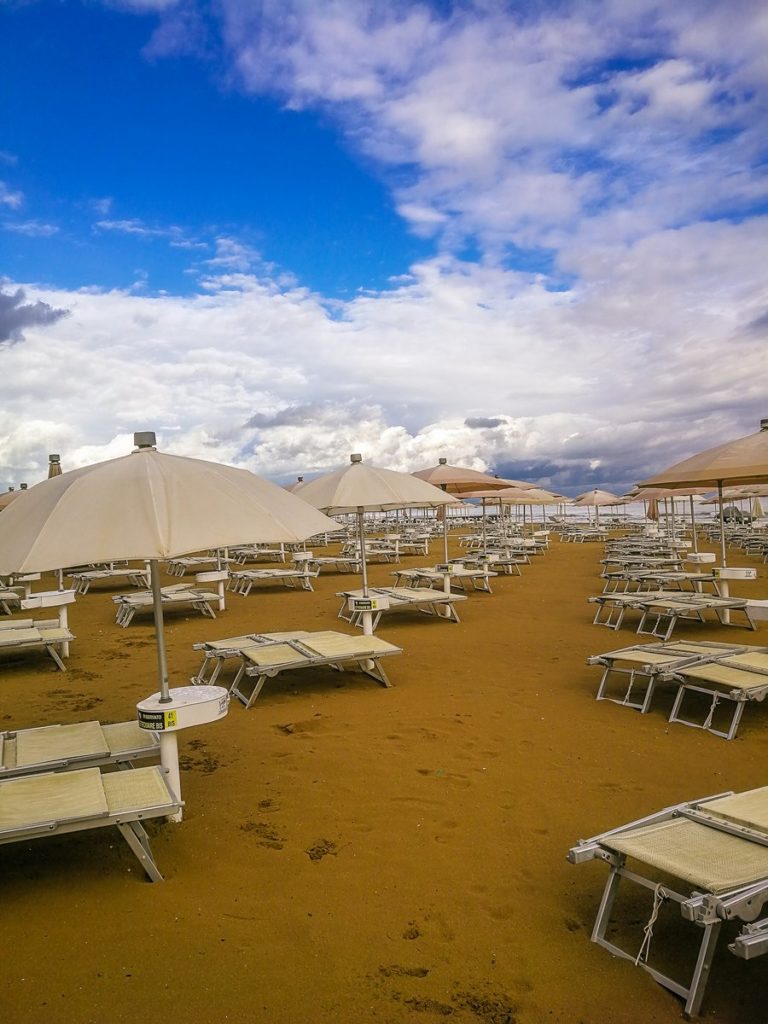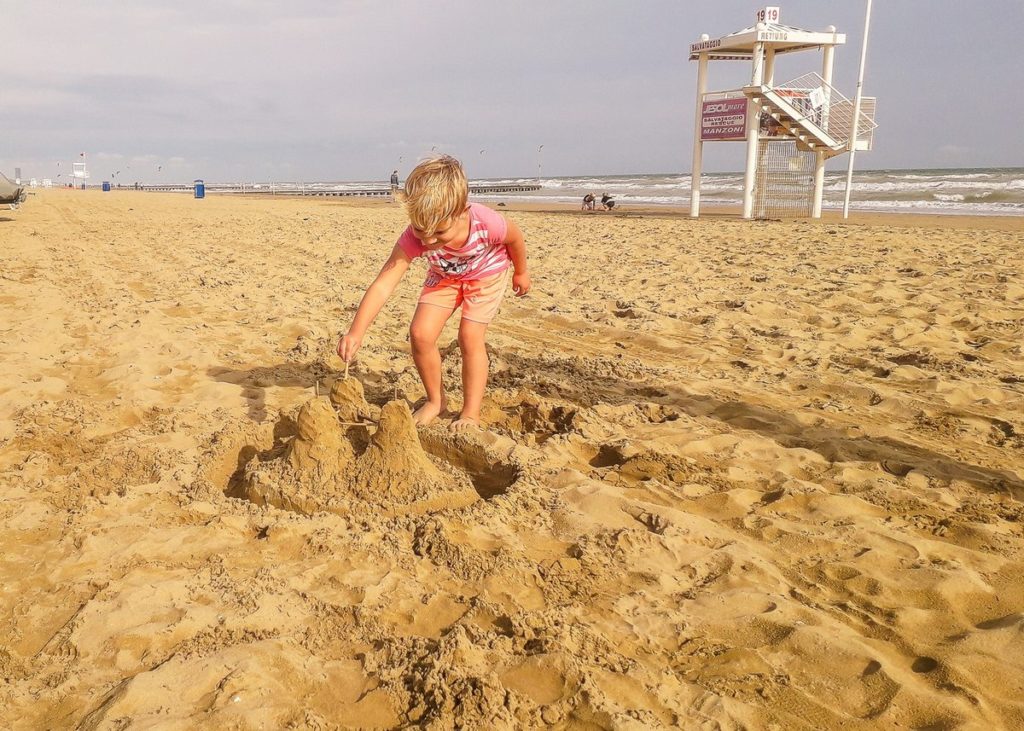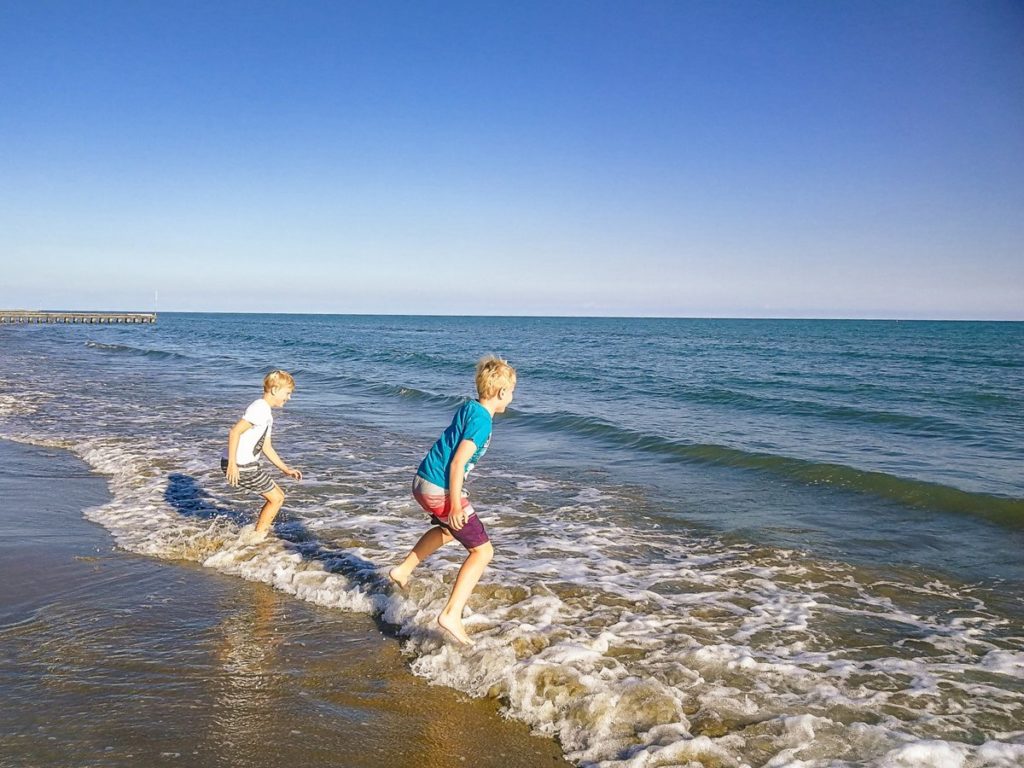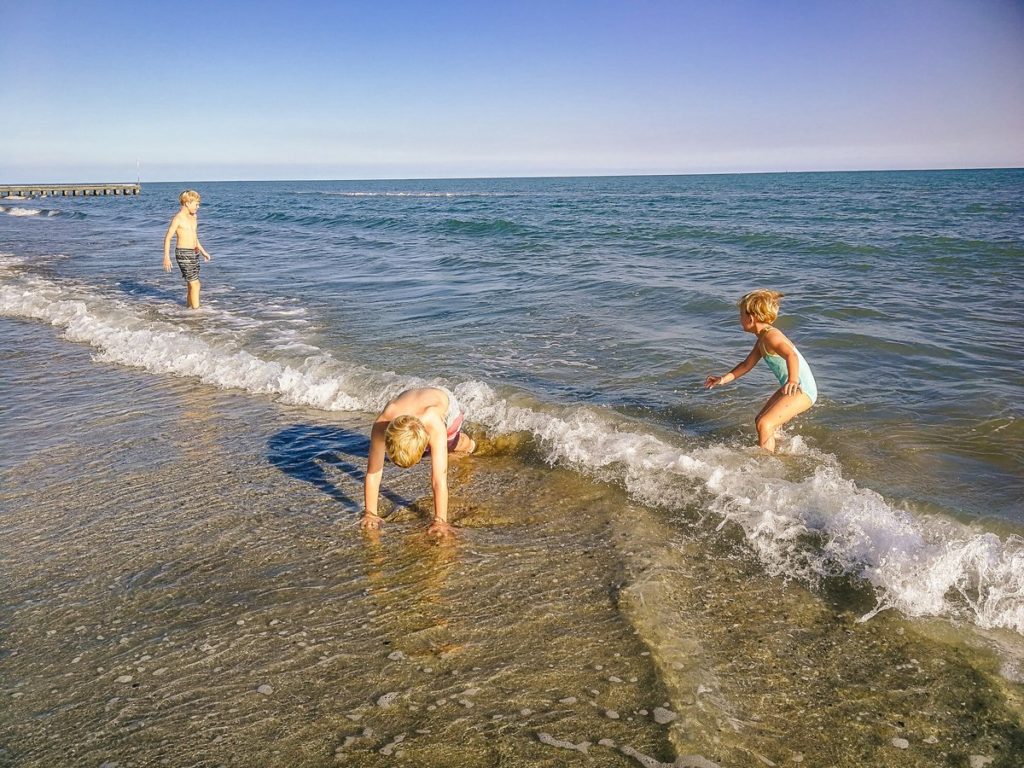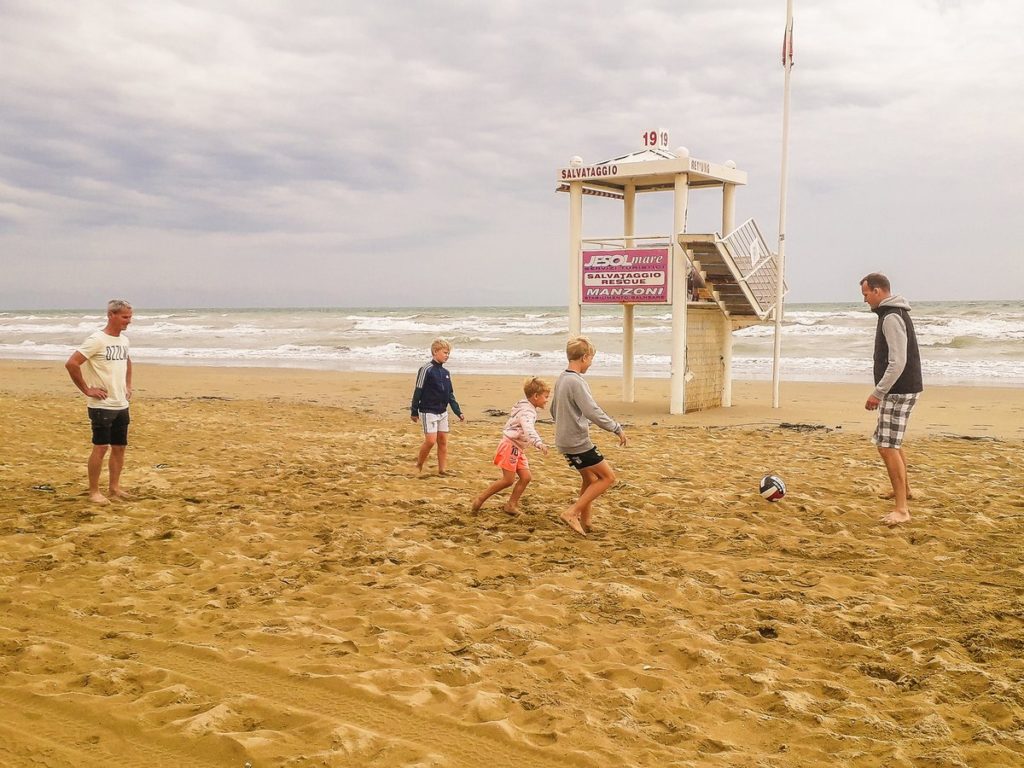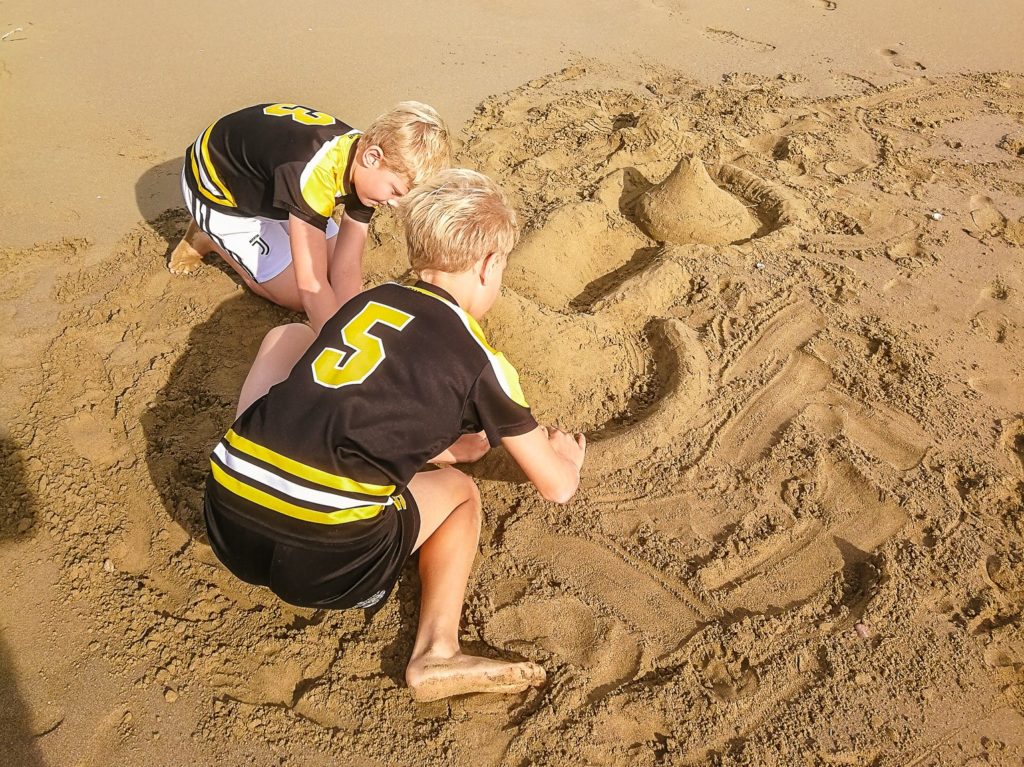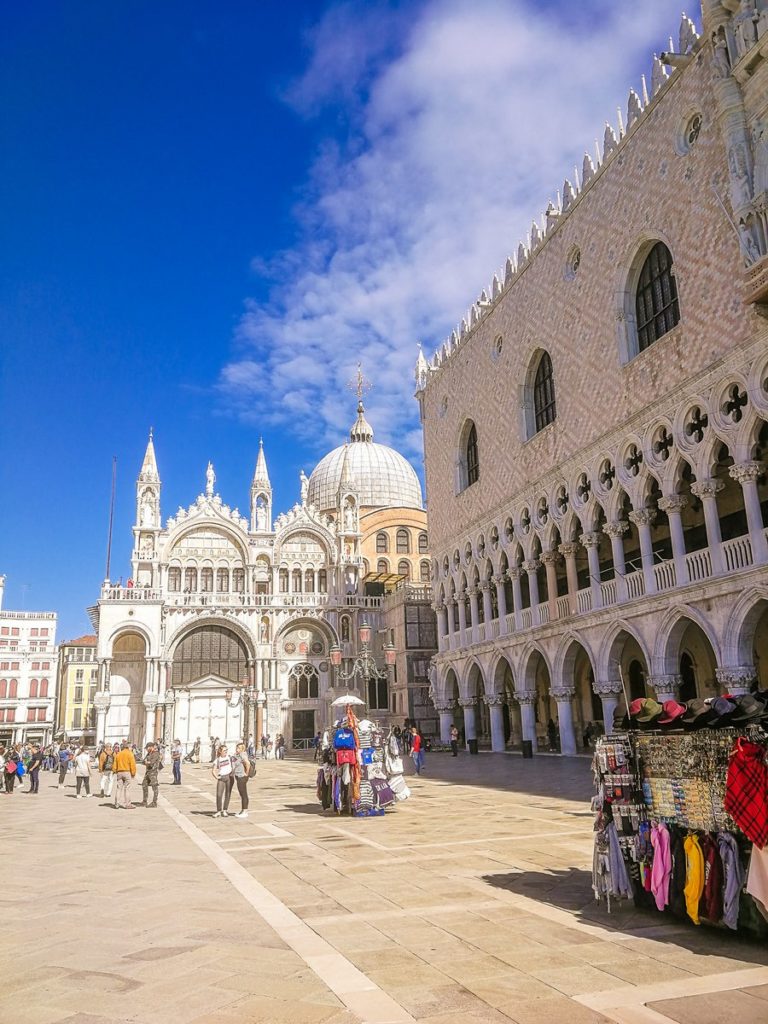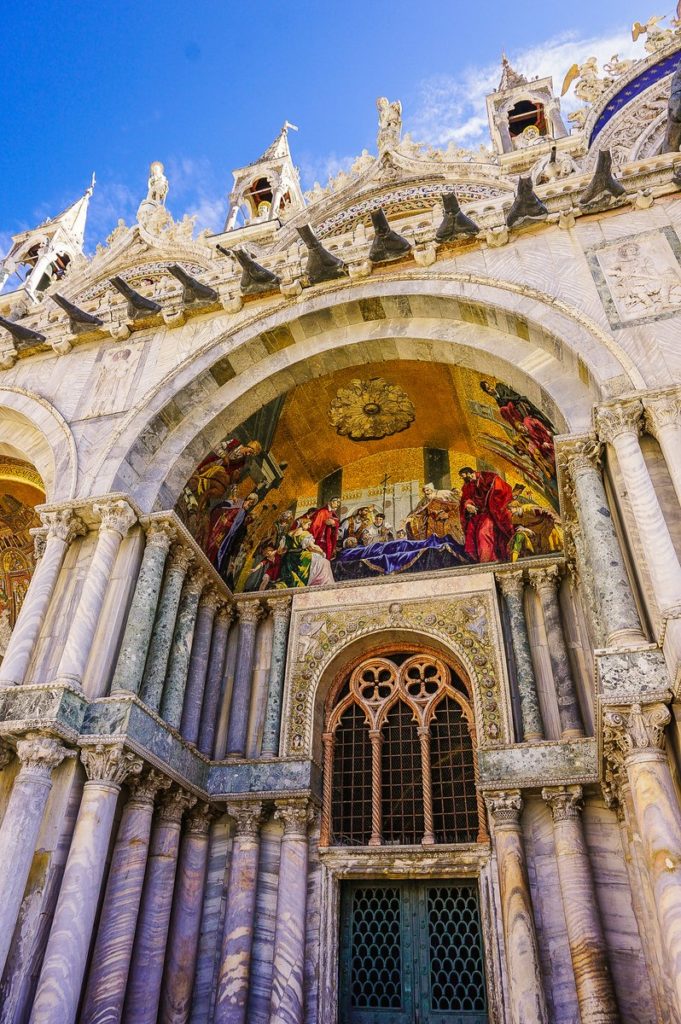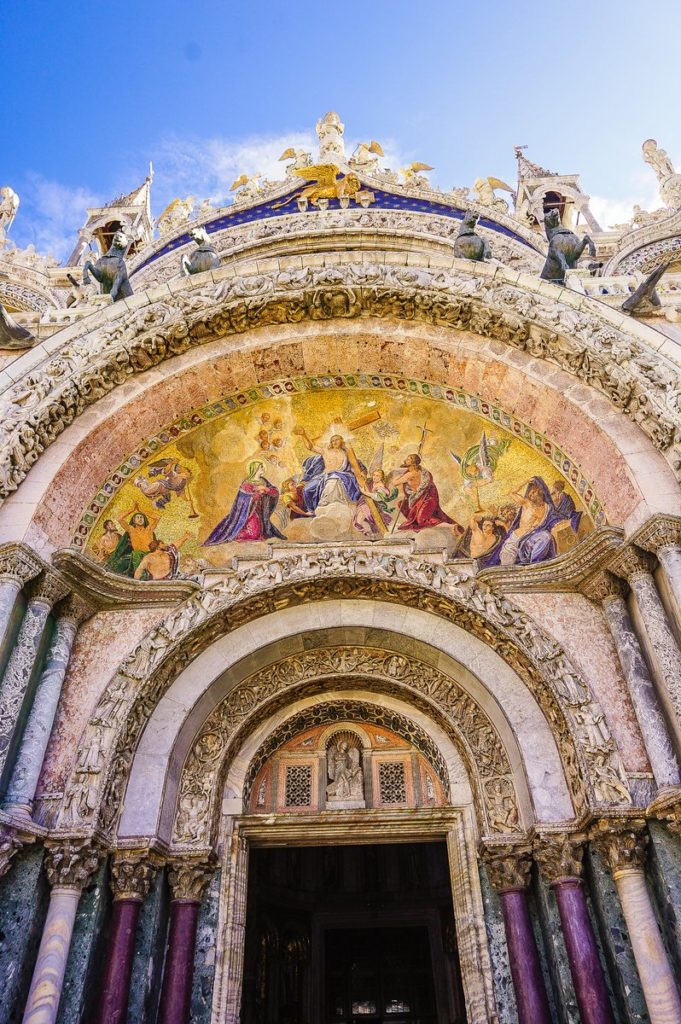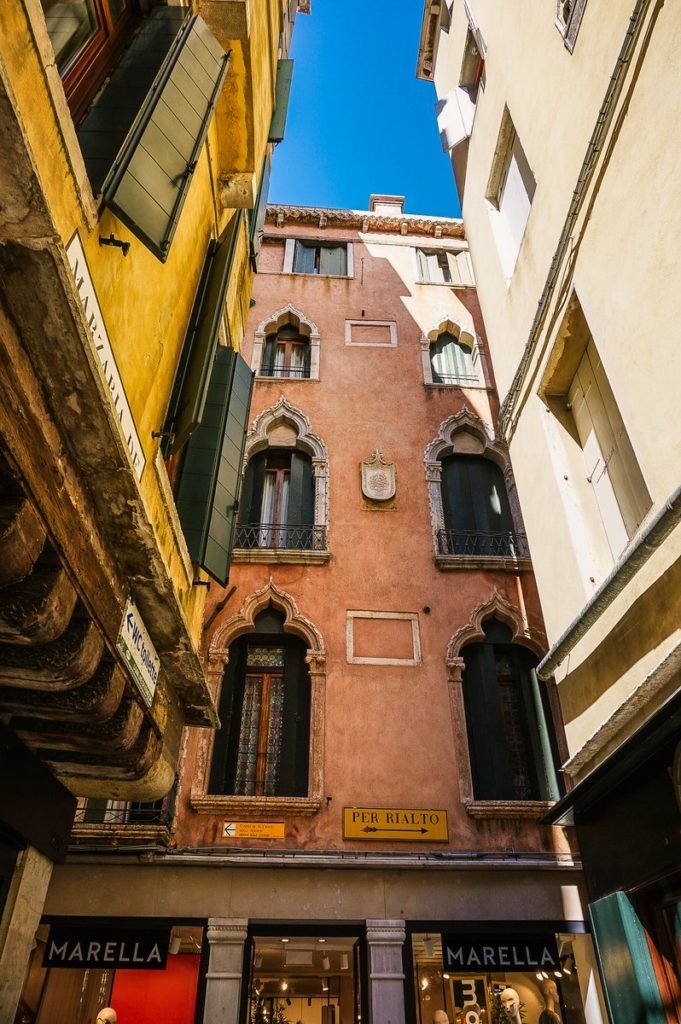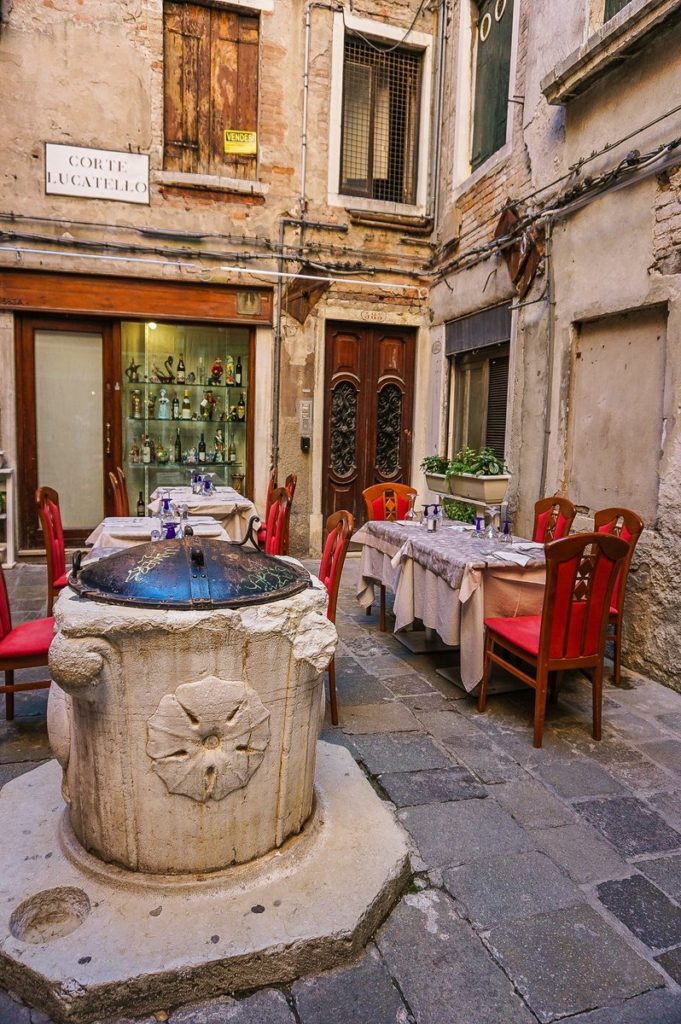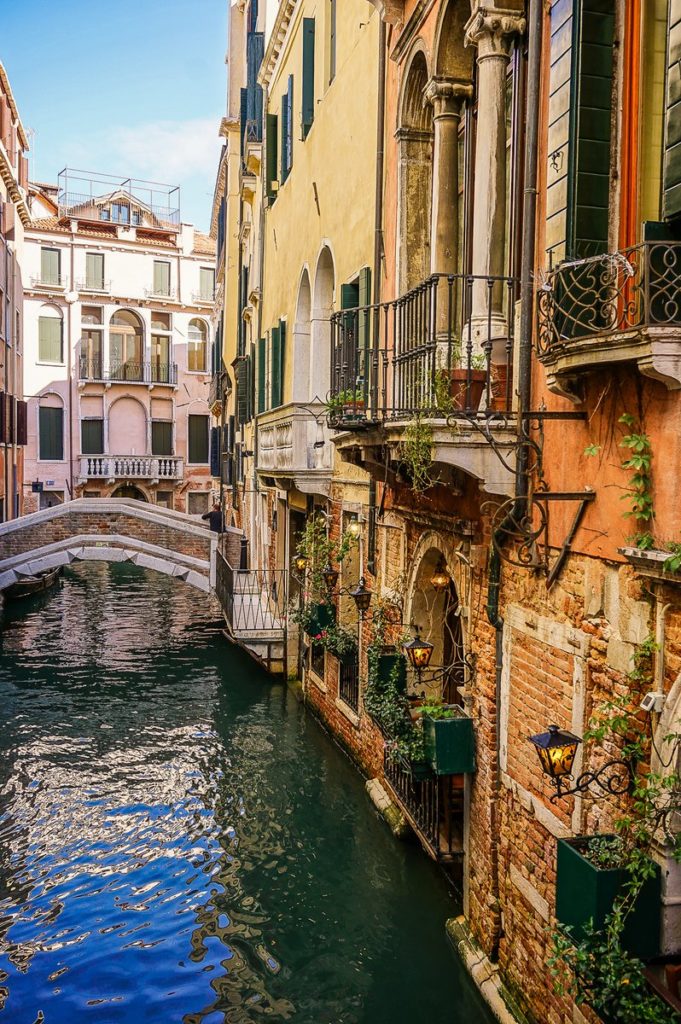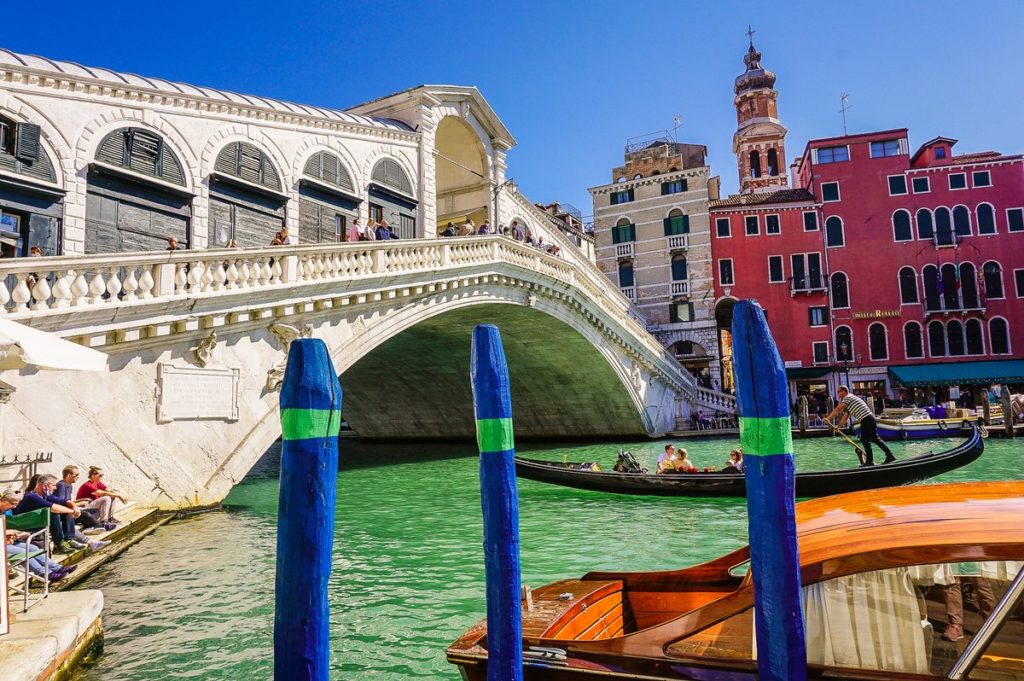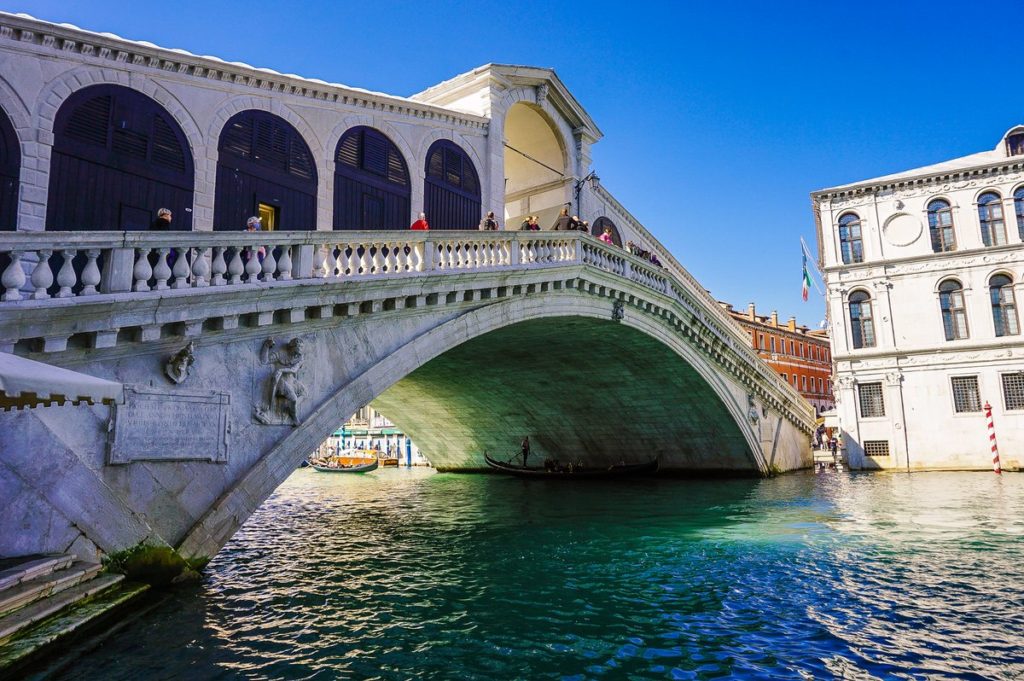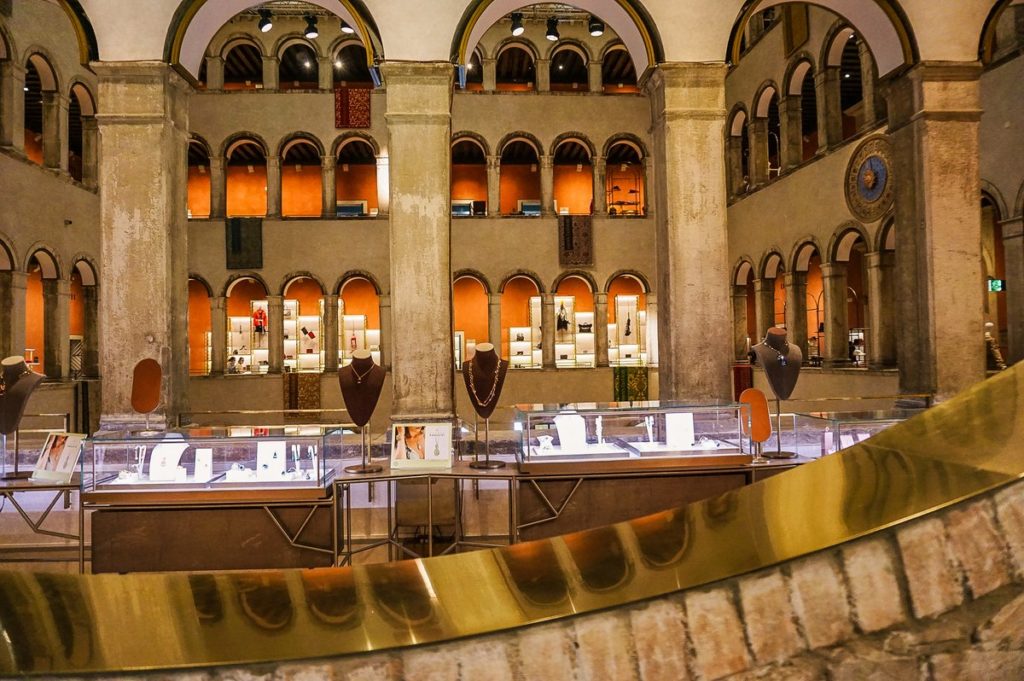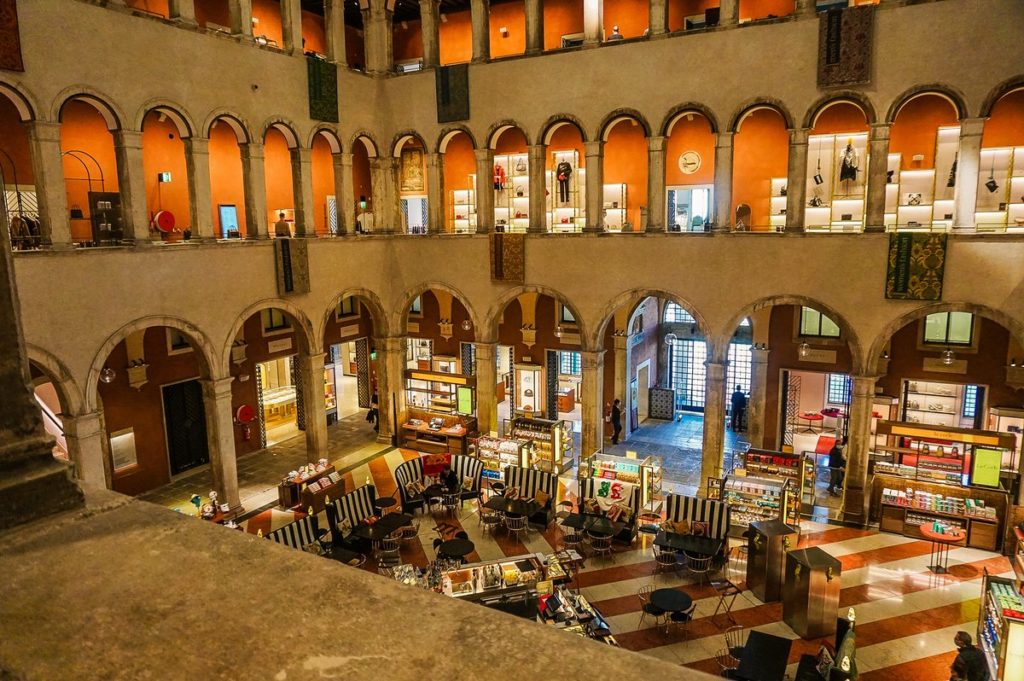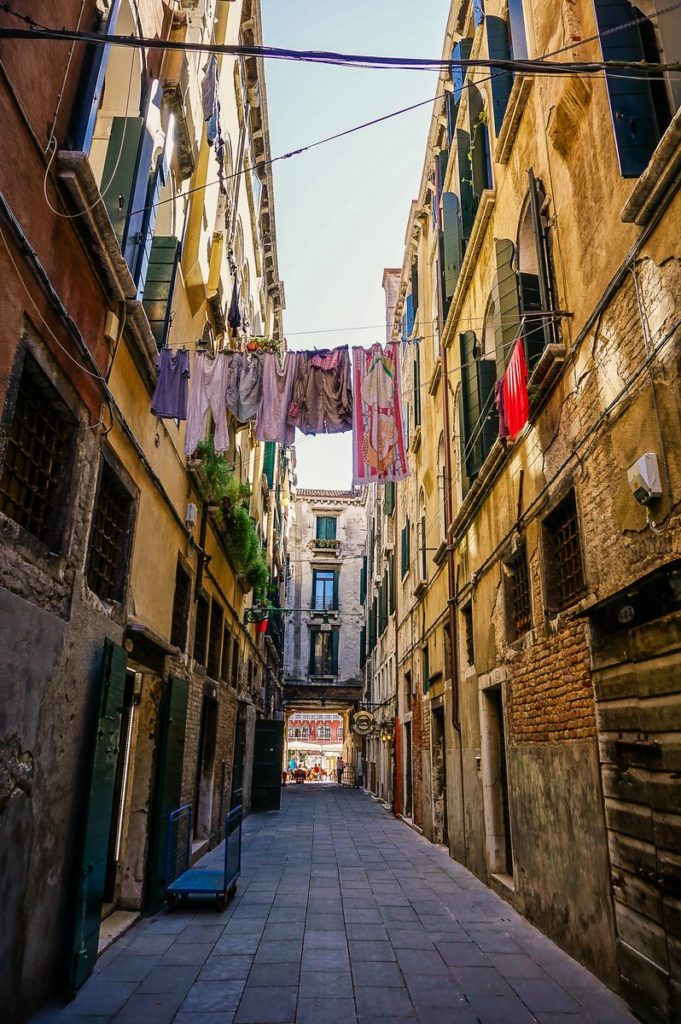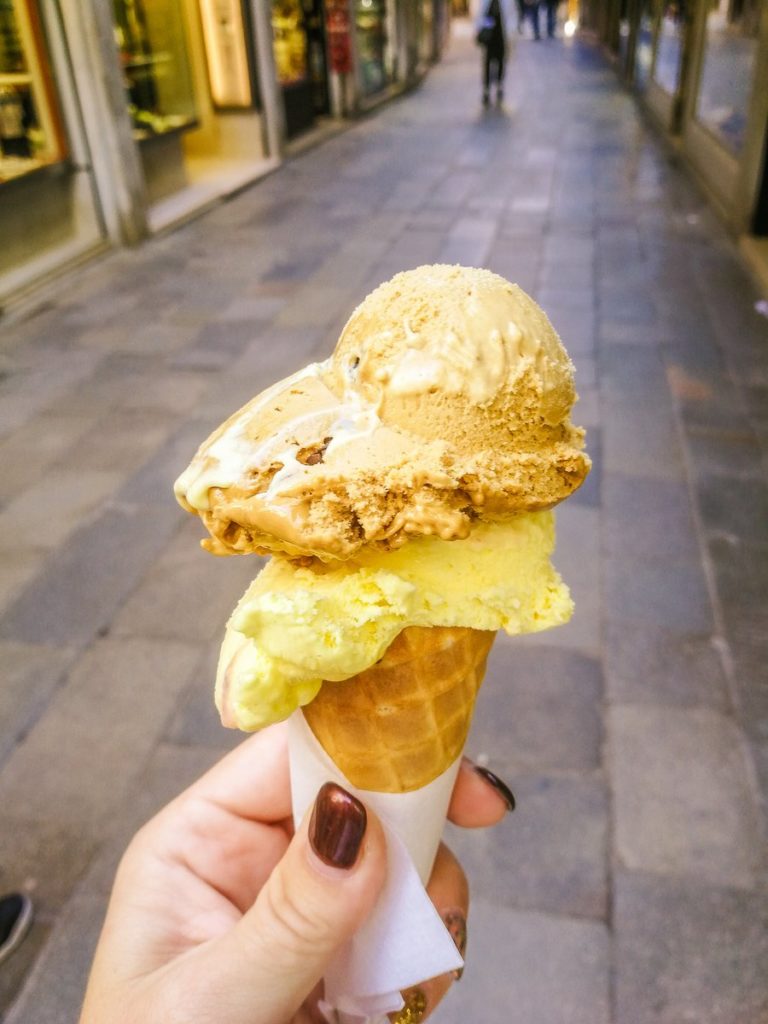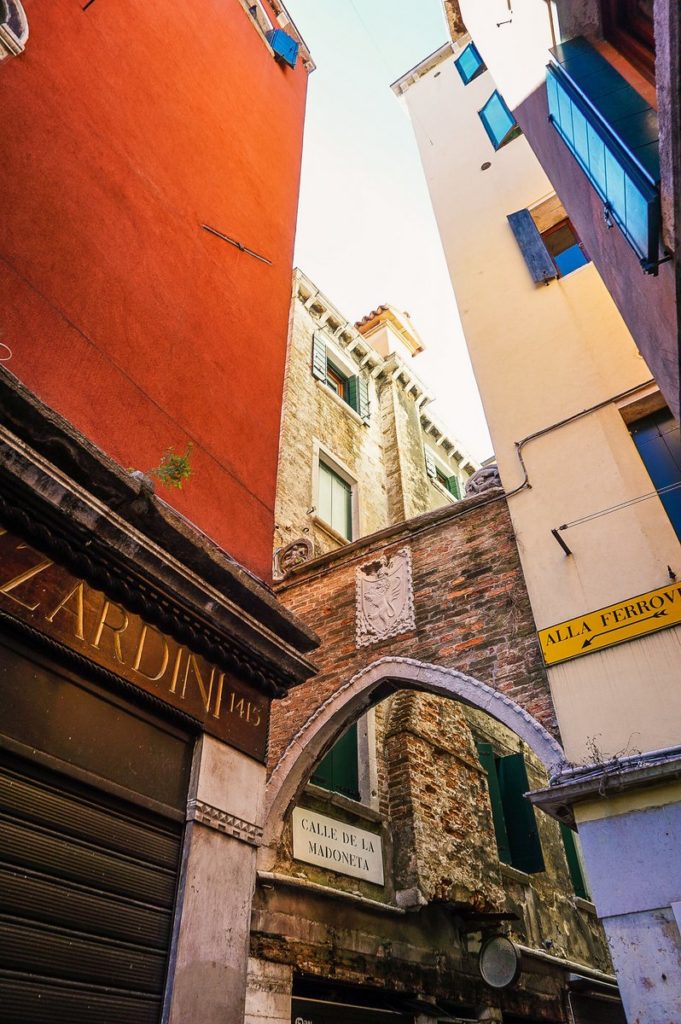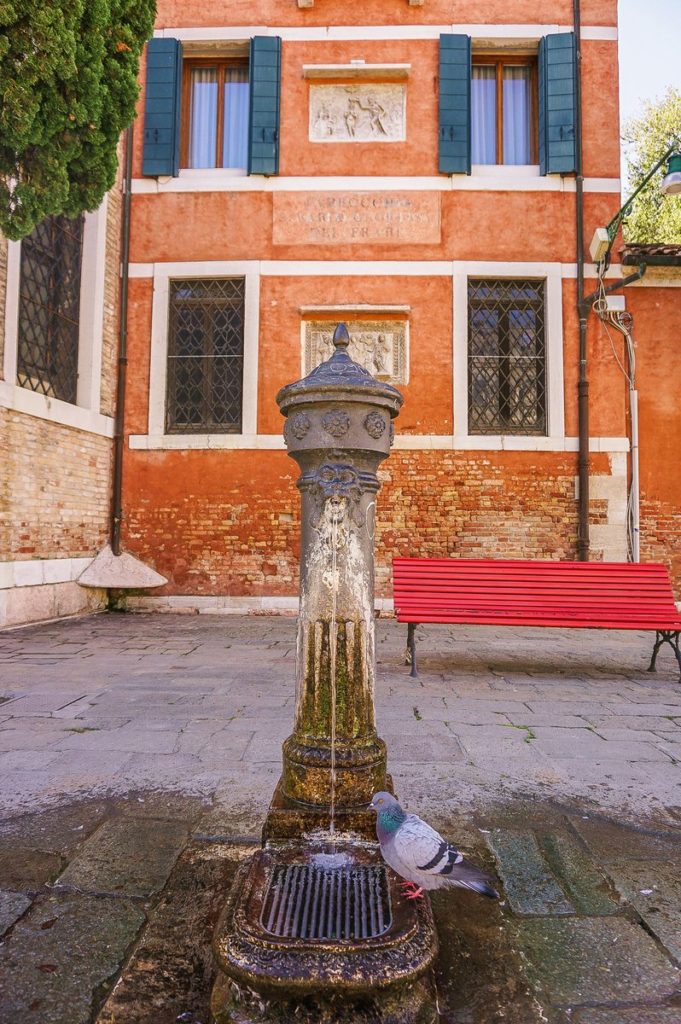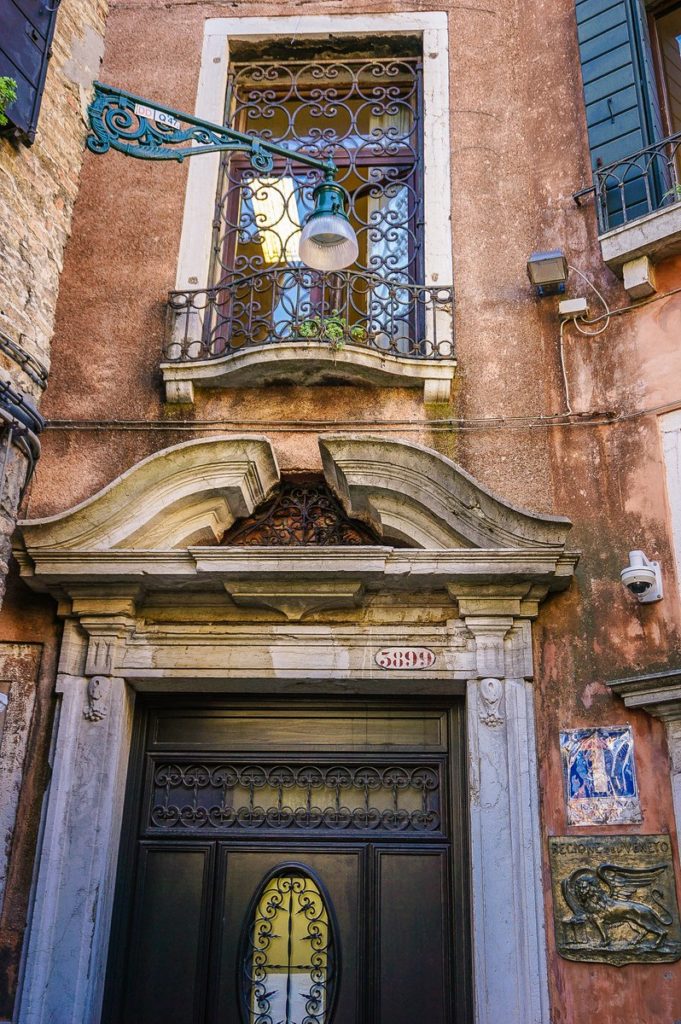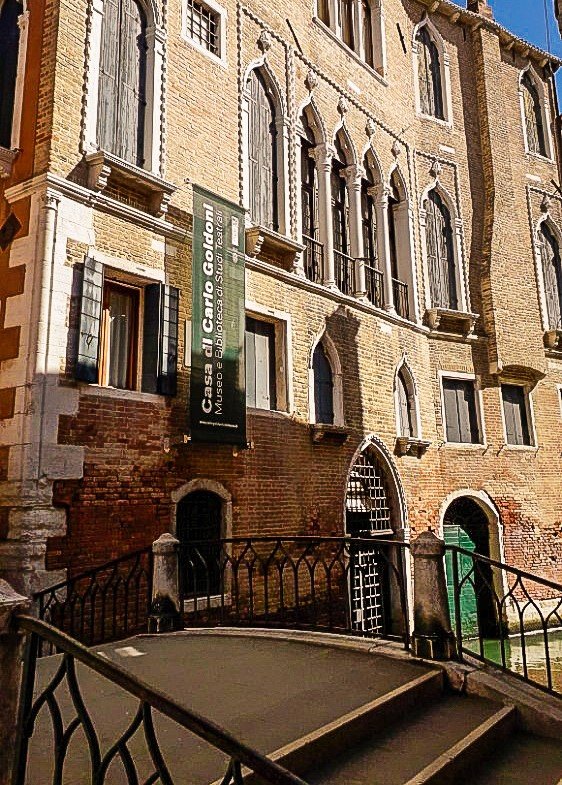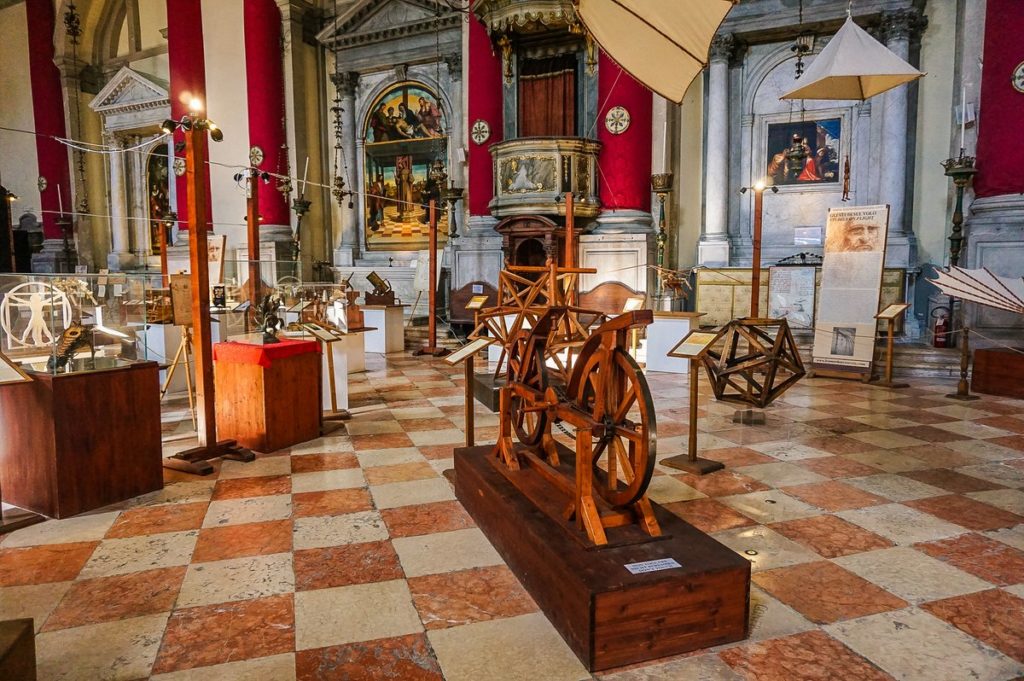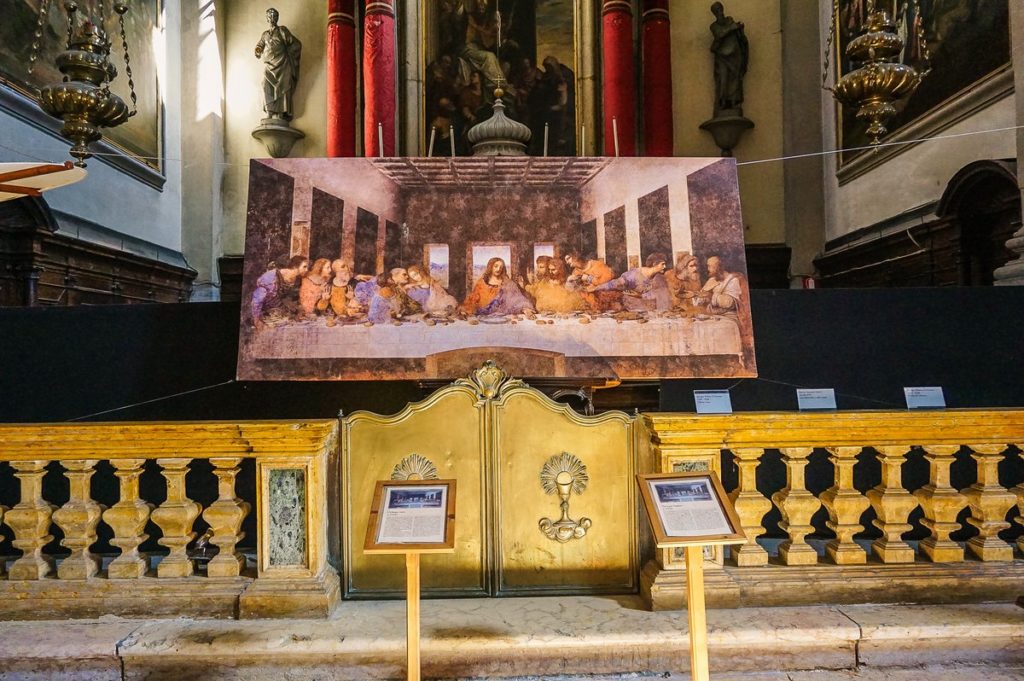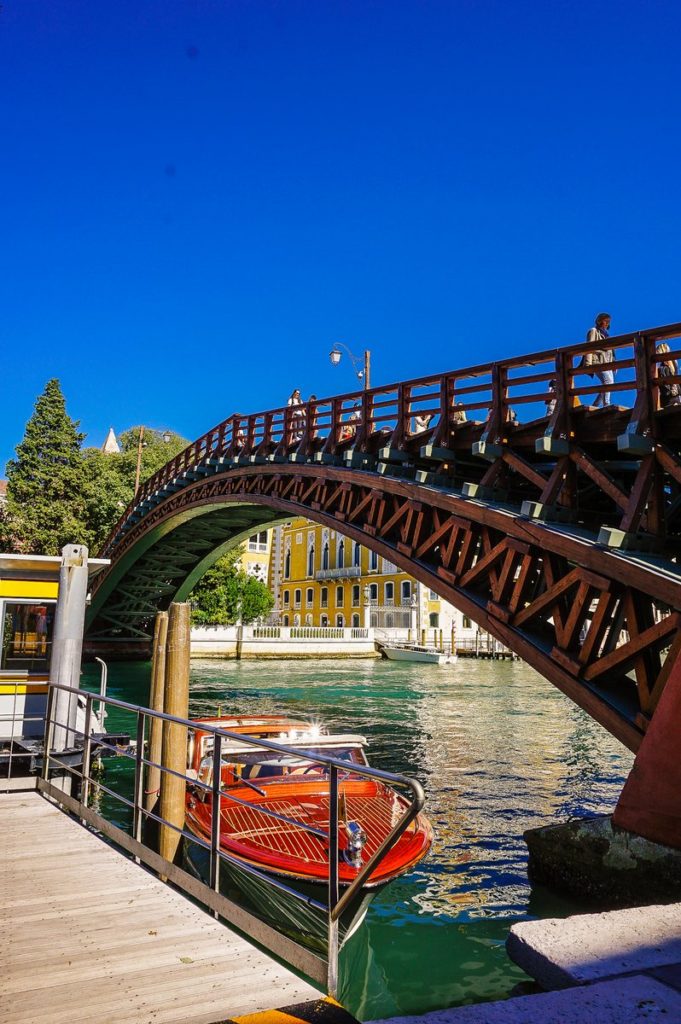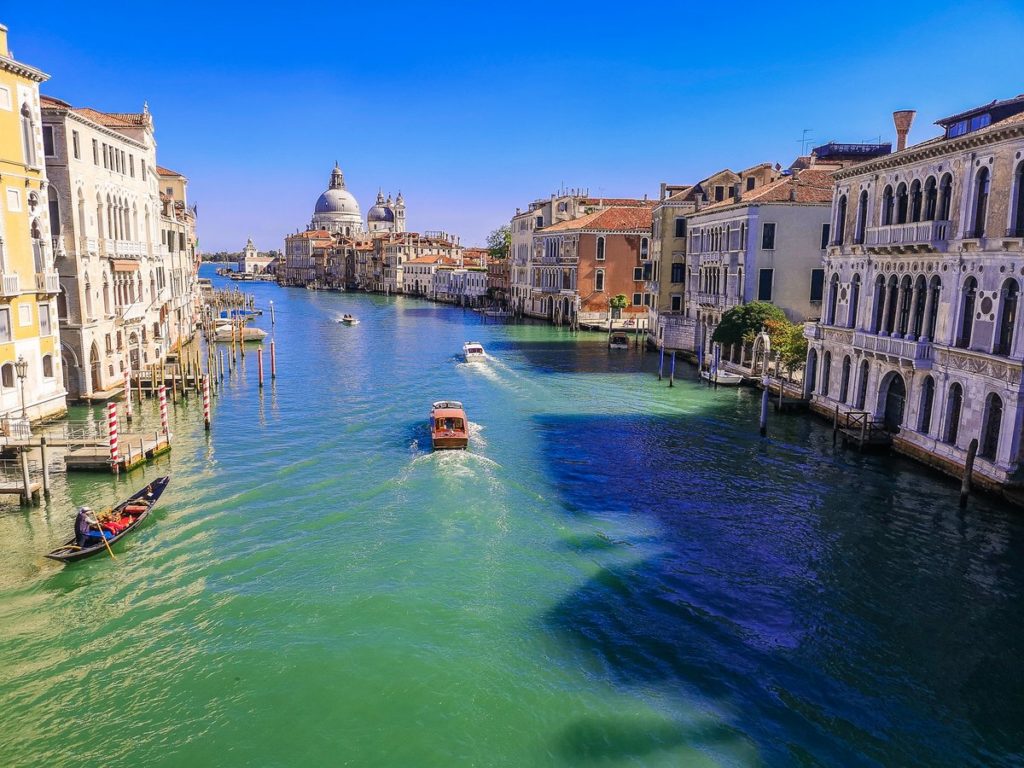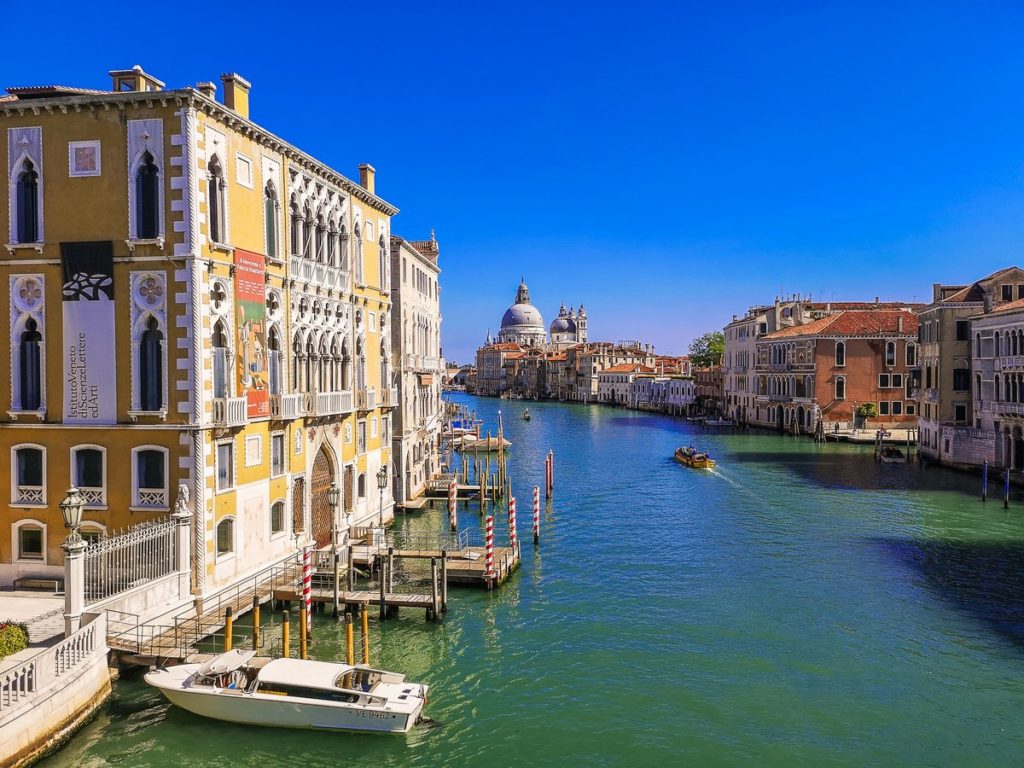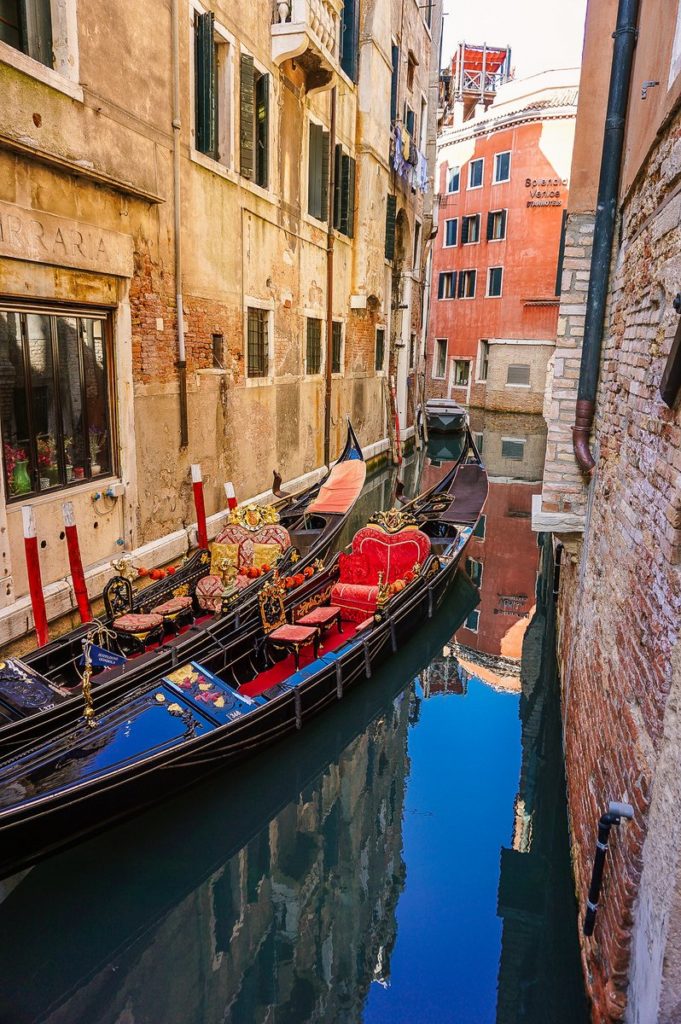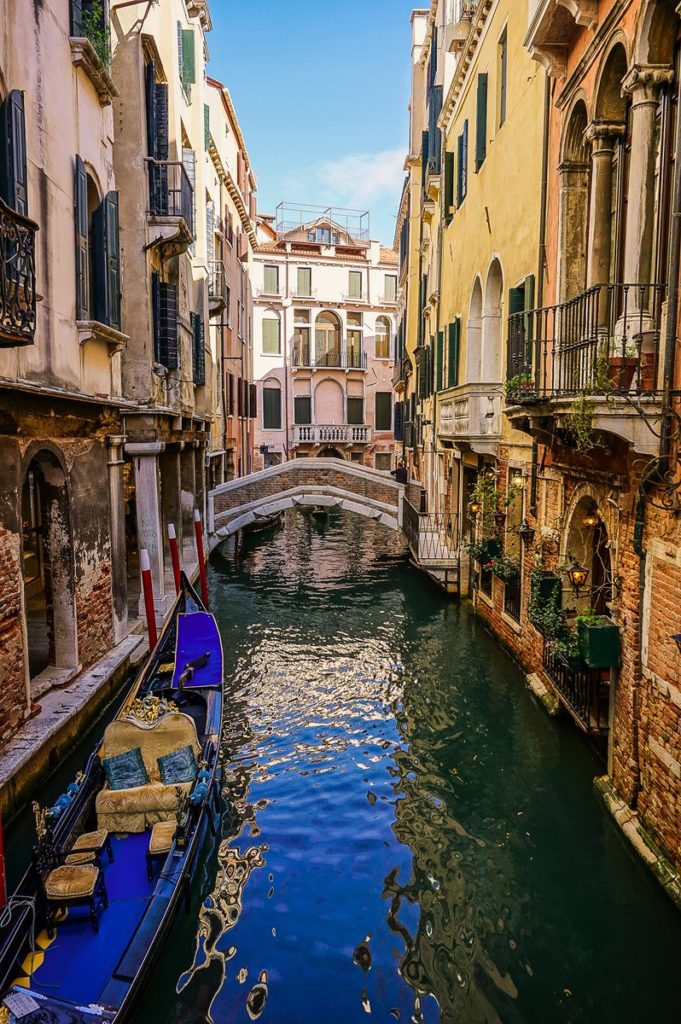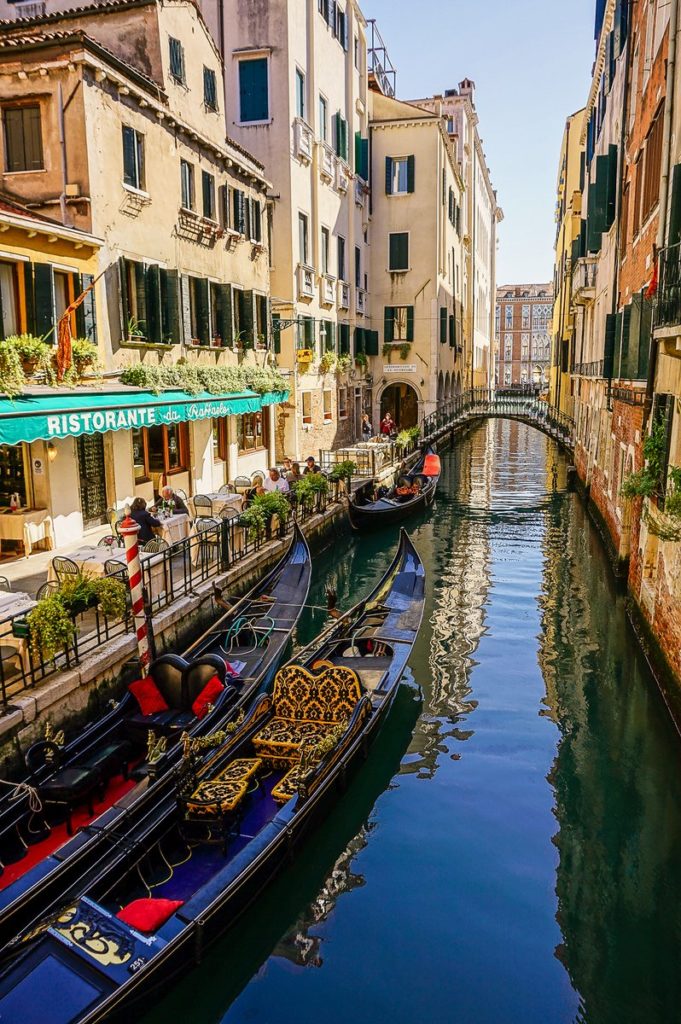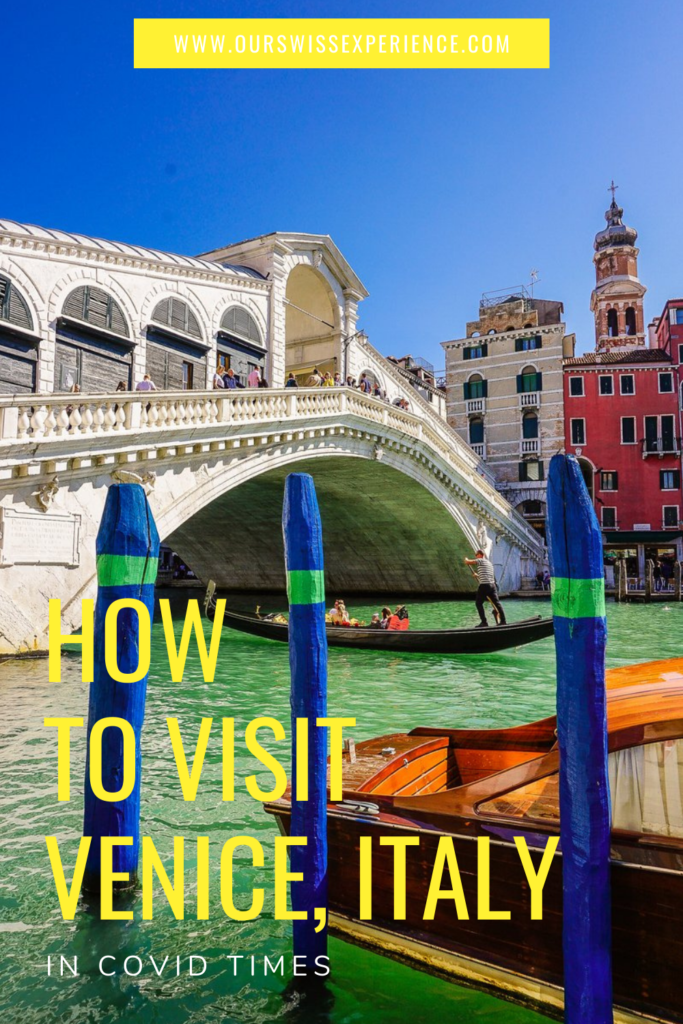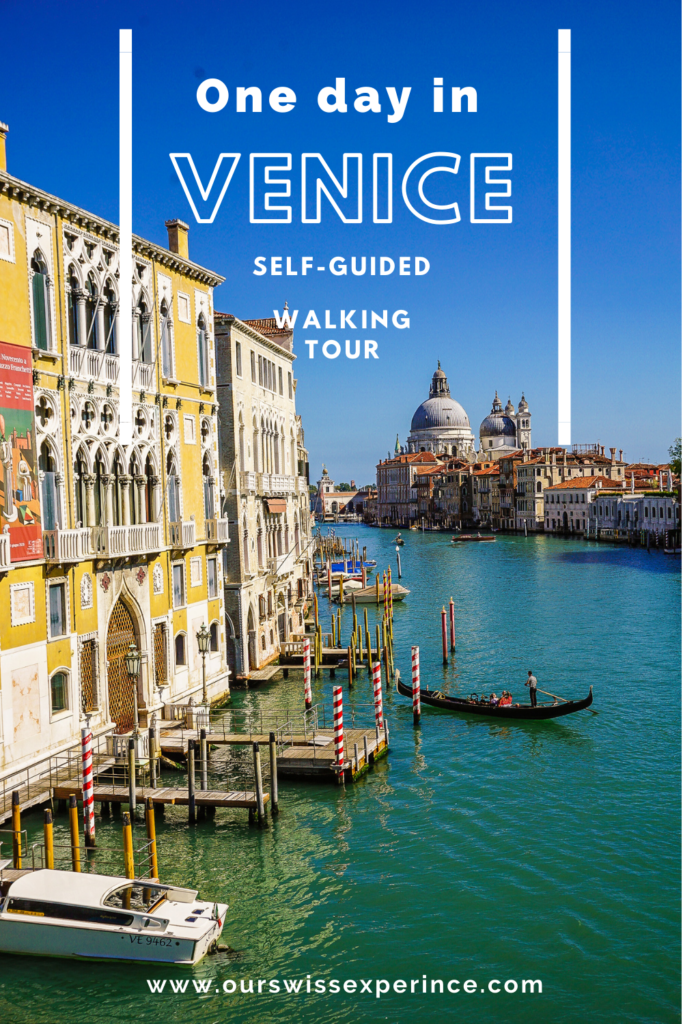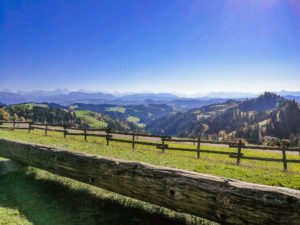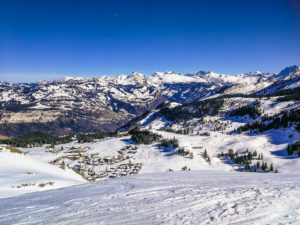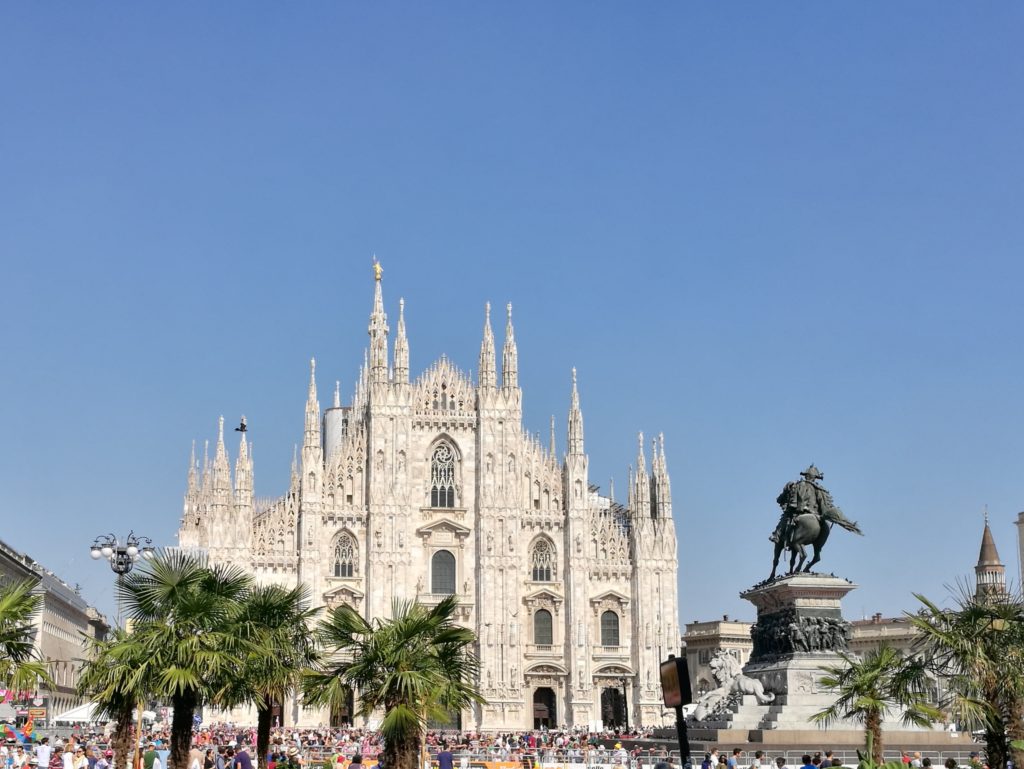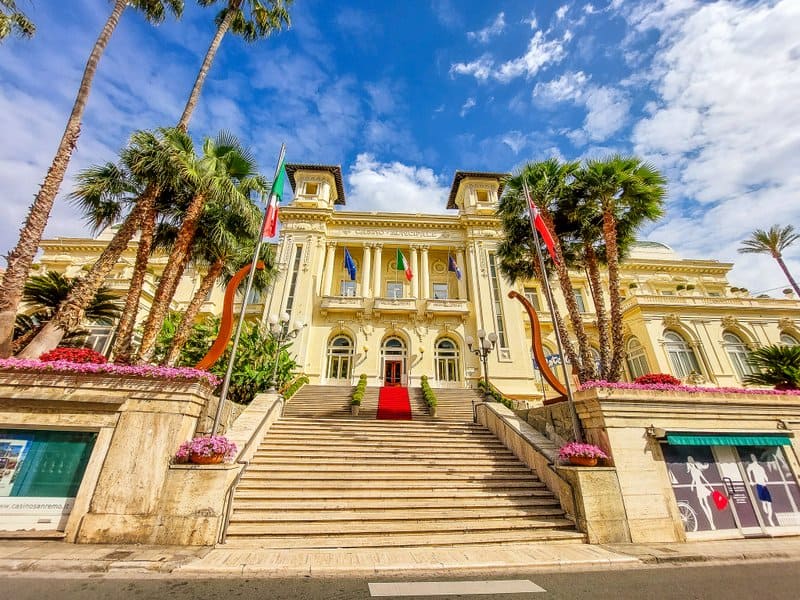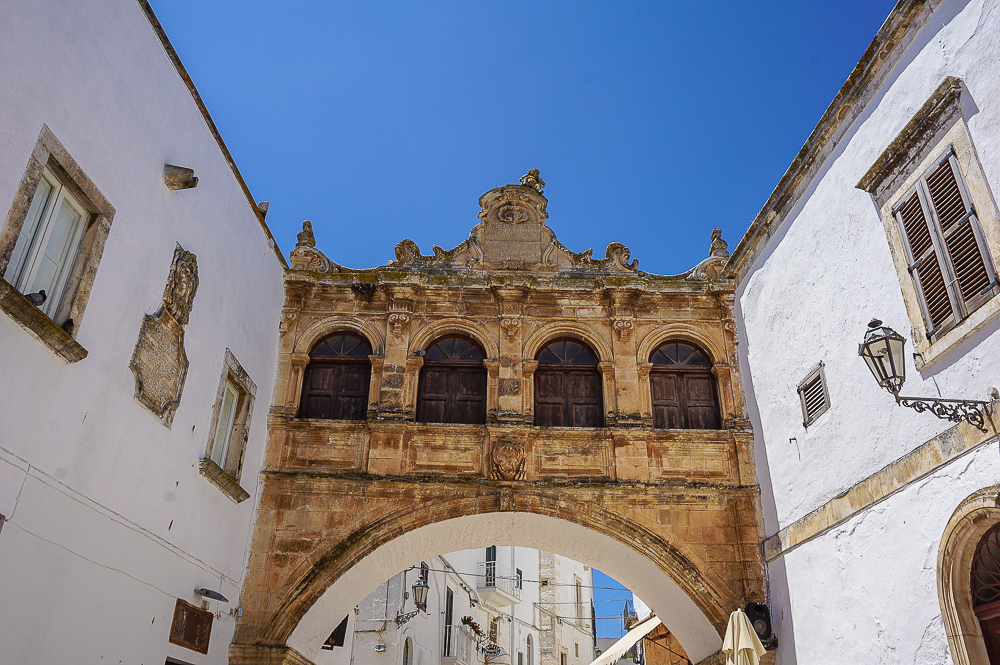Almost half a year late, here is my post about our short stay with my family and my parents around Venice during the fall school holidays. We were very lucky to squeeze the date of our stay until Italy announced the restriction of arrival from the Czech Republic and Switzerland declared Venice a risky area.
I also admit at the beginning – Venice has never been high on my bucket list. This is even though at the grammar school I admired how many famous personalities from the art world belong to the local natives and created their important works here (at random: Titian, Tintoretto, Paolo Veronese, Antonio Vivaldi, Canaletto, Carlo Goldoni, and others). But I have always been discouraged from visiting because of the infamous Venice Crowds – since Venice is one of the world’s most popular tourist destinations with millions of visitors every year.
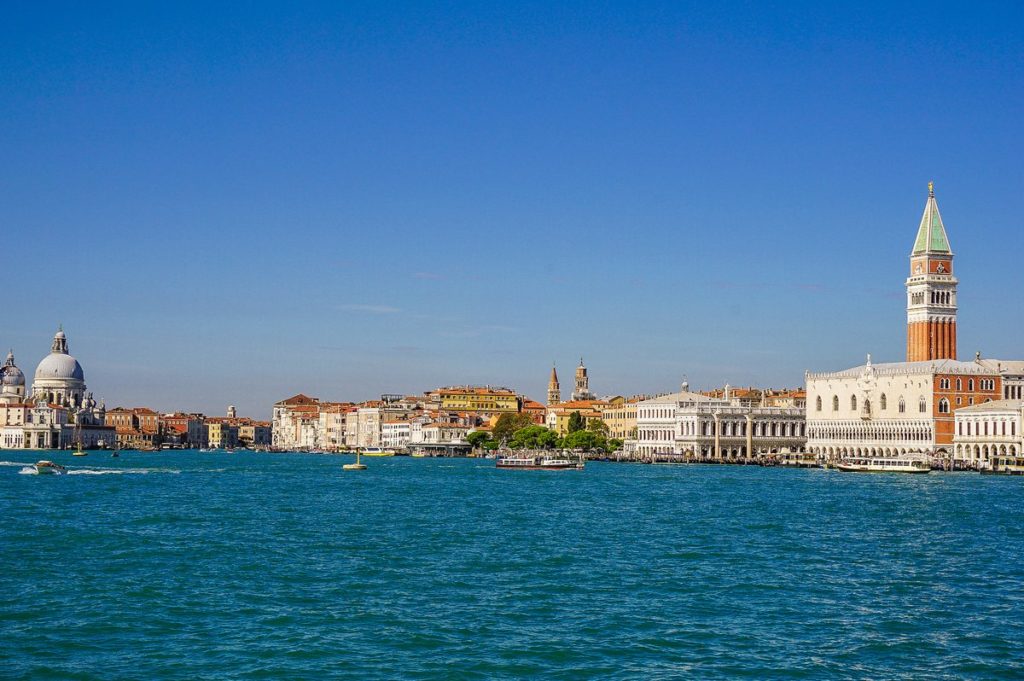
But the reality completely exceeded my expectations. In fact, I wasn’t actually expecting to like Venice as much as I did – I was literally blown away by its beauty. Yes, it was maybe due to the fact, that there were probably only a fraction of the tourists in that “fateful” year 2020 compared to the original numbers. And I surprisingly left Venice with the idea that I sometimes want to come back here again, because there are still a lot of places that we didn’t have time to see and that I would like to explore.
INTRODUCTION NOTE: Please do not take this article as a detailed guide where you will find all the practical information (although you will find some useful tips and necessary websites in the article). I compiled our itinerary myself according to what I found on Pinterest and I also admit, we wanted to see “the best of”, not be “off the beaten path”.
Accommodation in the area – Jesolo
As our base we chose a smaller hotel in the famous seaside area of Lido di Jesolo, right in the town of Jesolo. It was perfectly sufficient for our needs – it was close to the beach. Which at the turn of September and October may not be quite such a benefit, but the kids did not mind such a detail as the water temperature. After all, you can do a lot of things on the beach, not just swim in the sea.
How to get to Venice
Normally (you know what I mean 😉) you can get to Venice by plane from many European cities. From Marco Polo Airport, you can reach Venice city center either by Express Airport bus (cheaper option) or by shared water taxi (more expensive option).
If you travel to Venice by train, get off at Santa Lucia Central Station (Stazione di Venezia Santa Lucia). You can reach the city center by Vaporetto water bus (it is a stop of Ferrovia line 2). The Vaporetto serves as local public transport.
As you can’t reach Venice city center by car, there are large parking houses in Piazzale Roma Car Park and Garage San Marco (24-hour parking costs well over 20 euros). Another option is to leave your car in the car park in Punta Sabbioni, which is the westernmost edge of the peninsula starting from Lido di Jesolo. All-day parking here is much cheaper (5-7 €). You will then go to Venice by ferry. Here you board a ferry of a private company (we used Il Doge), which will take you directly to Venice, to pier No. 28 near St. Mark’s Square, from where it also heads back to Punta Sabbioni. If you took the “regular” Vaporetto (line no. 12) from here, you would take a detour through the islands of Murano and Burano.
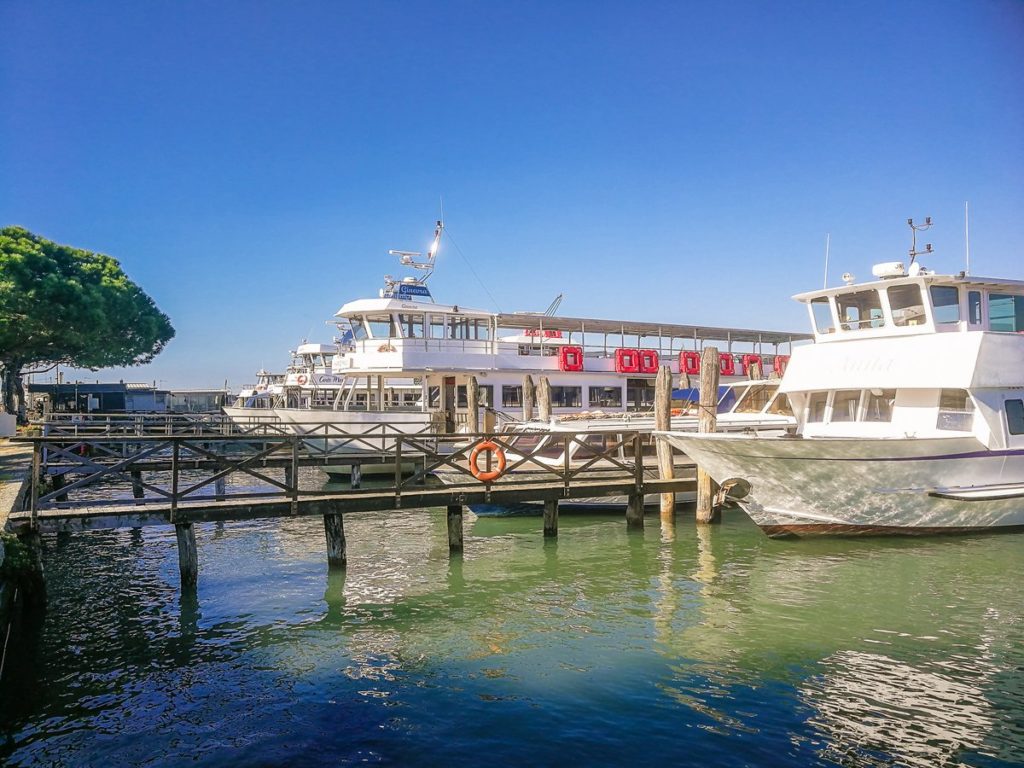
Measures before traveling to Venice
Be sure to check the latest official news before planning your trip, and ensure all flights, accommodation, and car hires are refundable!
Venice – Self-guided walking tour
Venice is a city in the northeastern region of Italy, which consists of hundreds of small islands in the Adriatic Sea, which are connected by bridges and form one large city. In Venice, you will find 417 bridges spanning over 150 canals.
We started our tour of the city on pier No. 28, where our ship “spat” us and from there we set off along the water (or in the direction of the flow of tourists), to Saint Mark’s Square. Just before reaching it, we took a picture of the “Bridge of Sighs” (Ponte dei Sospiri), a short covered bridge connecting the Doge’s Palace with the prison behind the palace. You can read in almost every guidebook that it is so named because it was once the place where the prisoners used to walk on their final route to execution, and it is said that they would sigh when they would see the beauty of Venice through the small windows of the bridge for the last time.
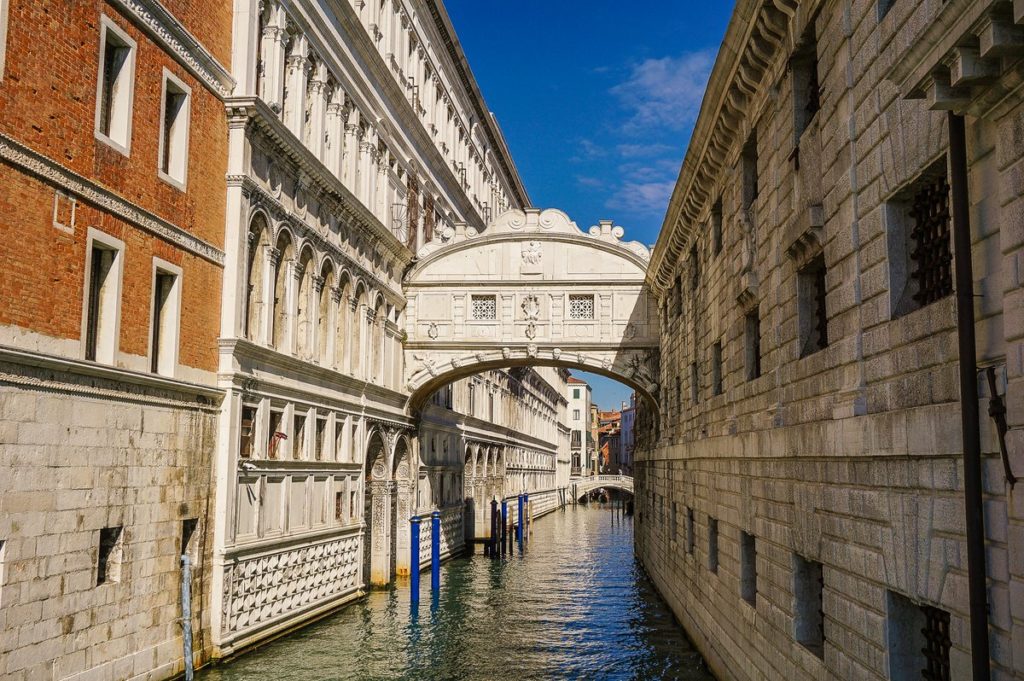
St. Mark’s Square or Piazza San Marco – the largest open space in Venice and is home to the city’s most famous landmarks: St. Mark’s Basilica, the Doge’s Palace (Palazzo Ducale), and the bell tower (San Marco Campanile). The Doge’s Palace, built in 1340, is one of the most remarkable buildings in Italy. A ticket to the palace costs 20 euros.
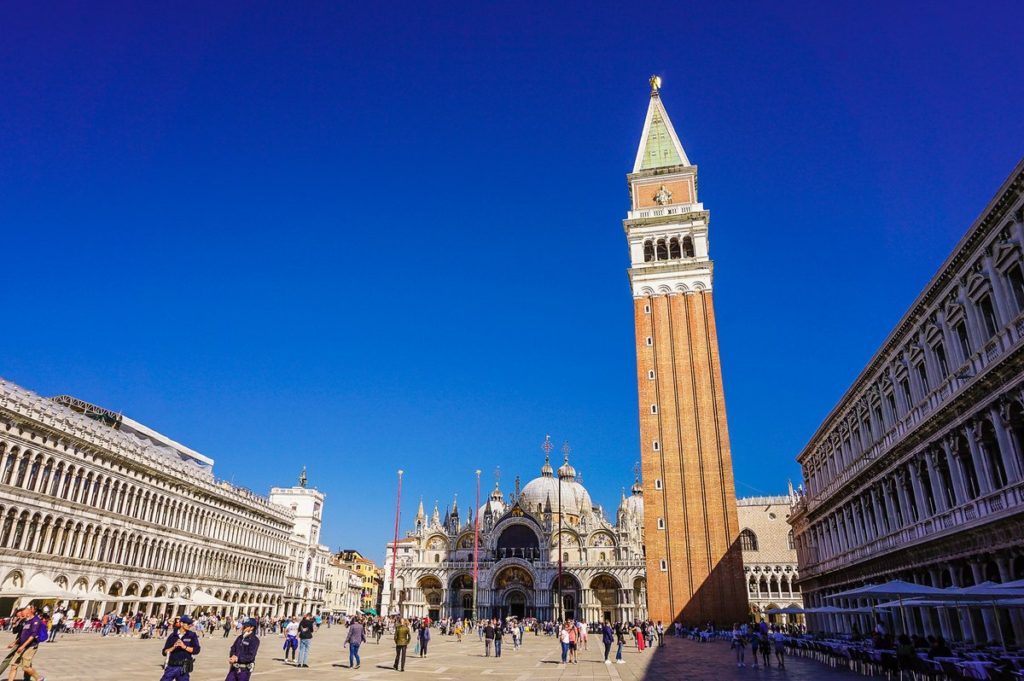
St. Mark’s Cathedral is considered the best blend of Byzantine, Romanesque and Gothic architecture in the world. It houses the mortal remains of St. Mark himself and parts of the cathedral can be visited for free (however, no photos or videos are allowed inside). There was a relatively long queue in front of the cathedral and we didn’t buy a “skip the line” ticket for 3 euros (you can get it on the official website of the cathedral), so we did without the visit and only admired the exteriors (which are also no less stunning).
There is also the San Marco Campanile bell tower in the square. You may be surprised that the bell tower of the cathedral is not part of it. In the past, however, it was customary in architecture (especially the Italian Renaissance) for church bell towers to be usually built beside or close to the church (for example, the famous Leaning Tower of Pisa or the Cathedral of Florence). Admission to the Campanile is 8 euros and it is recommended to go here at sunset.
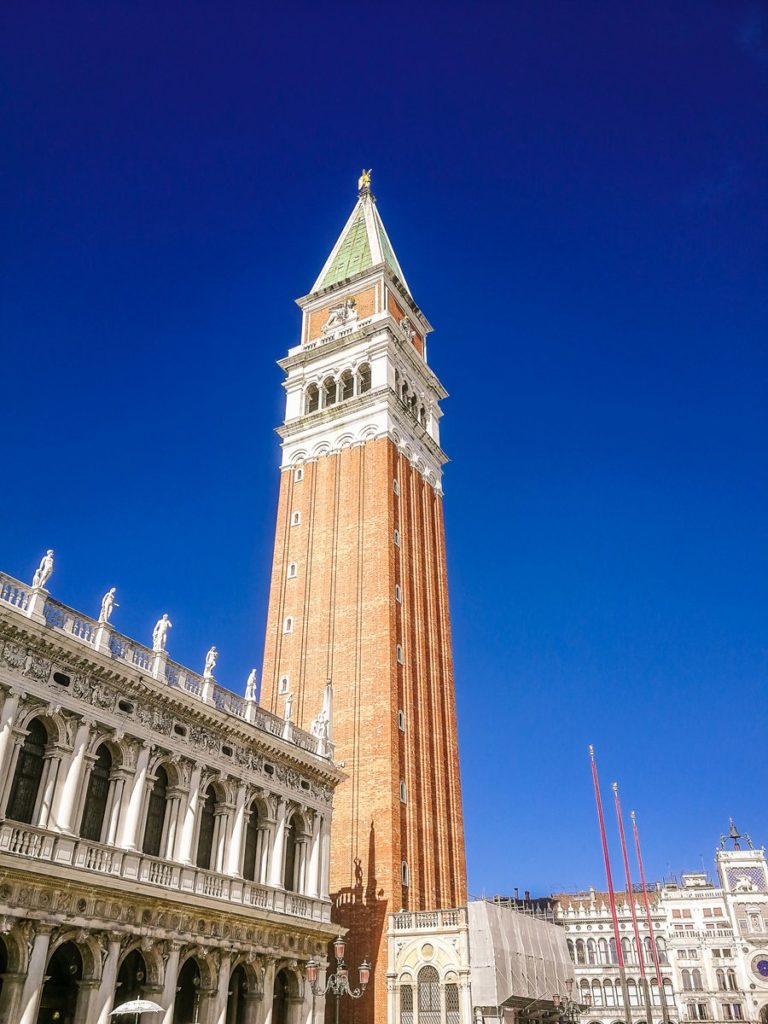
From St. Mark’s Square we followed the inconspicuous arrows that pointed towards the Rialto Bridge (so on the arrows was “per Rialto”). Through a picturesque maze of streets, we came to this famous bridge, one of four bridges that span the Grand Canal. It is the oldest bridge over the canal (its construction began in 1588, it was opened in 1591) and without a doubt an icon of Venice.
I read in some guides that you can enjoy the breathtaking views of the Rialto Bridge and the Grand Canal from the rooftop terrace of the adjacent Fondaco dei Tedeschi shopping center. However, they somehow forgot to mention that although you get here for free and enjoy a great view of Venice, you must first reserve a time slot in the mobile application. And unfortunately for us, the nearest free slot was in the early evening. So at least we could have a look what it looks like in the luxury shopping center 🙂
Via Ponte di Rialto we crossed to the other bank of the Grand Canal and set out on a tangle of alleys to the Ponte dell’Accademia. Along the way we came across amazing ice cream stalls, narrow streets, picturesque squares, the birthplace of Carlo Goldoni (who wrote the play The Servant of Two Masters), the University of Ca ’Foscari, when we reached the Chiesa di San Barnaba.
This church is home to the Museo Leonardo da Vinci Exhibition. Leonardo da Vinci, one of the greatest geniuses in history, was not only a painter, sculptor, architect and engineer, mathematician, and anatomist, but also a musician, set designer, and inventor. In the exhibition you can see an interesting collection of machines designed by him (with a detailed explanation of their operation), there are exhibited some of Leonardo’s most important anatomical studies and reproductions of his most famous paintings (admission 8 euros, children and students 5 euros).
Then we came to the Ponte dell’Accademia. Architecturally, this bridge is not as spectacular as Ponte Rialto, but the view from it is amazing (perhaps even better than from Ponte Rialto), especially to the Basilica di Santa Maria della Salute. As the name of the bridge suggests, in its vicinity is the Gallerie dell’Accademia – the most important and most prestigious art gallery in Venice (so definitely on my bucket list for the next time!).
Venice by water
It may be strange to you that I have not yet mentioned the most famous motif of the “floating city” – the gondolas. Gondolas are beautiful, romantic and very photogenic, but they can also be expensive – the price is EUR 80 for a 40-minute boat ride.
A cheaper alternative? The aforementioned Vaporetto, which acts as a water bus. Several lines cross the entire Venice area (as on different islands), but there are lines 1 and 2 across the Grand Canal. Tickets start at € 7.50 per one-way ticket, with 24-hour and 48-hour tickets offering much better value. You can buy tickets at vending machines directly on the platform or online.
An alternative to the gondola and Vaporetto can be a traghetto. Traghetti operate as small ferries that transport passengers from one side of the Grand Canal to the other (there are 7 boarding points between the main train station and St. Mark’s). They are slightly larger than gondolas (carrying up to 10 passengers) and you can also recognize them by the fact that they have two rowers: one standing behind the passengers like a traditional gondolier, the other closer to the bow. The ticket costs 2 euros.
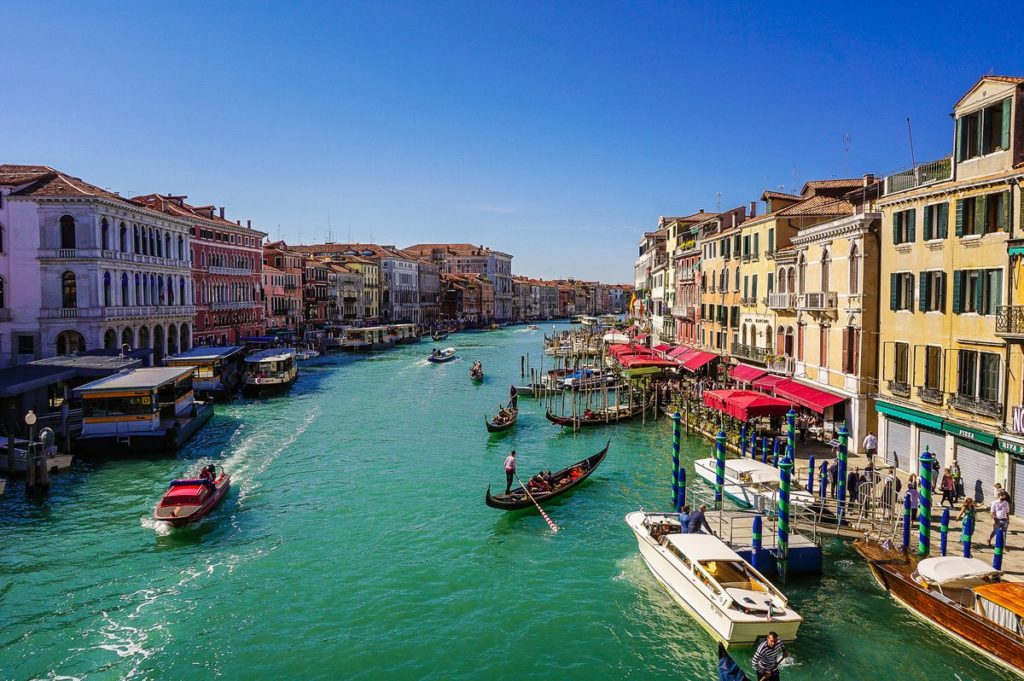
Visit to the islands of Murano and Burano
If you have more than 1 day in Venice, I definitely recommend visiting the nearby islands of Murano and Burano. Burano is a small island with brightly colored houses and is famous for the production of Venetian lace. Murano is an island where traditional Venetian glass is made.
A photo guide to the Instagram-perfect islands of Murano and Burano near Venice




